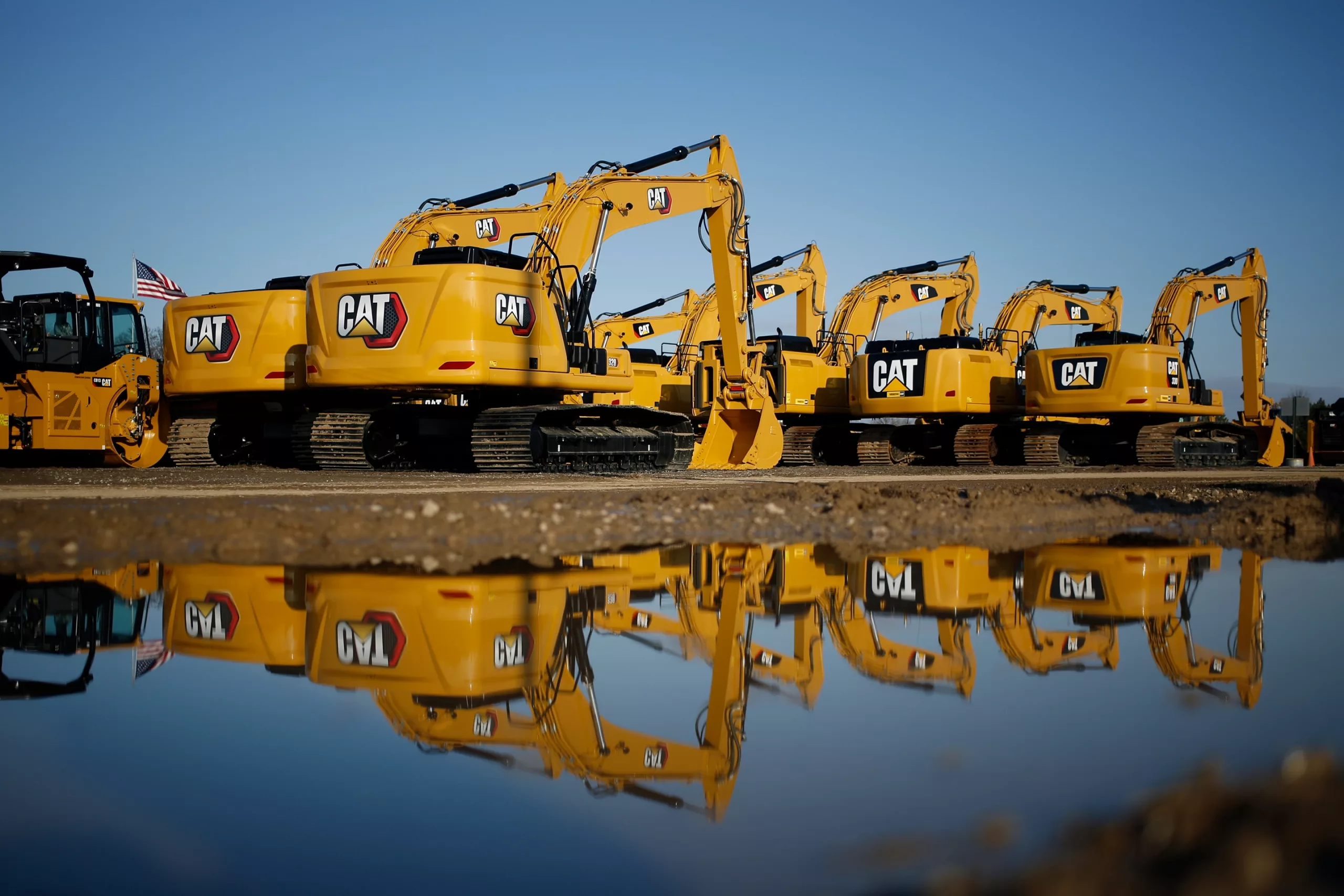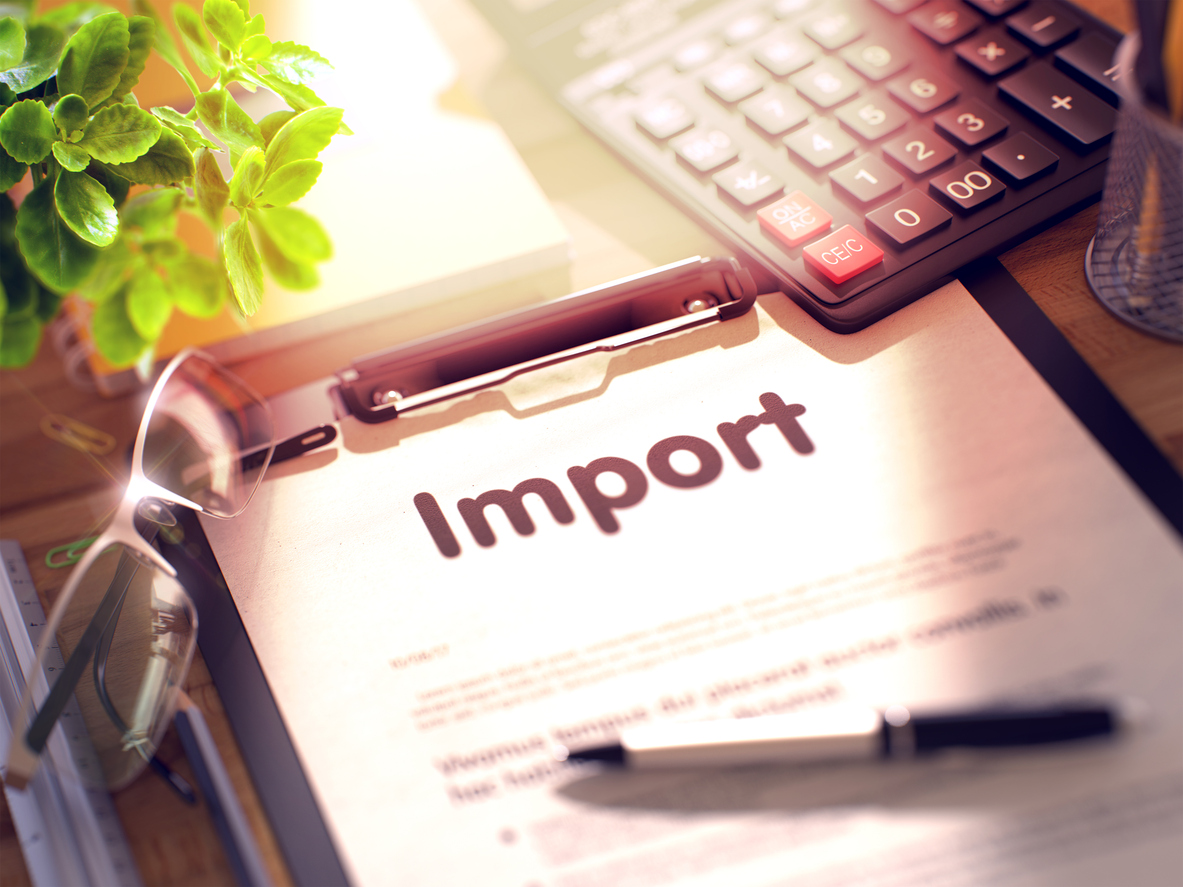An Overview of Caterpillar Machinery in Nigeria: Benefits and Challenges
An Overview of Caterpillar Machinery in Nigeria: Benefits and Challenges
Caterpillar machinery has become increasingly popular in Nigeria as the country continues to expand its industrial capabilities, making it a leader in African manufacturing. Caterpillar has long been known for its heavy machinery and reliability, providing an efficient and cost-effective way to transport goods and materials across the country. From tractors to excavators and bulldozers, Caterpillar has become an invaluable part of Nigeria’s construction, mining, and agricultural sectors. However, like any piece of machinery, there are both benefits and challenges associated with its use in Nigeria. In this article, we will discuss the benefits and challenges of using Caterpillar machinery in Nigeria, as well as the precautions that should be taken to ensure its proper use.
Benefits of Using Caterpillar Machinery in Nigeria
As previously discussed, there are many benefits associated with using Caterpillar machinery in Nigeria. Some of these benefits include – reliability, durability, and efficiency. Caterpillar machinery is known for its durability and reliability, providing the user with years of use without the need for significant repairs. Caterpillar machinery is also efficient, meaning that it can reduce the number of workers needed to complete a job, saving both time and money. Additionally, Caterpillar machinery is environmentally friendly, as it is built with reduced emissions in mind. Caterpillar machinery is also easy to operate, requiring minimal training and skill. Caterpillar machinery is also built to be weather-resistant, making it a reliable choice for those working outdoors. And finally, Caterpillar machinery is easy to maintain, often requiring only minor repairs with little to no downtime.
Challenges of Using Caterpillar Machinery in Nigeria
Like any piece of machinery, Caterpillar equipment does come with its share of challenges. Some of the most common challenges associated with Caterpillar machinery in Nigeria include high operating costs, high capital costs, and the need for specialized equipment. Operating costs for Caterpillar machinery are often higher than that of other types of machinery due to its relative complexity. The high capital costs associated with Caterpillar machinery are the result of its durability and efficiency, making the machinery a worthwhile investment. While Caterpillar machinery does have a relatively high upfront cost, its long lifespan means that it pays for itself over time. The need for specialized equipment to operate Caterpillar machinery is also a challenge. However, the benefits of using Caterpillar machinery far outweigh these challenges.
Common Applications of Caterpillar Machinery in Nigeria
As discussed, Caterpillar machinery can be found in a variety of sectors in Nigeria, including construction, mining, and agricultural production. Caterpillar construction equipment is used to move, lift, excavate, and position materials and people. Caterpillar mining equipment is used to extract minerals, coal, and ores from the earth. And Caterpillar agricultural equipment is used to produce and harvest crops. Caterpillar machinery can be found in Nigeria’s agricultural sector to plant, cultivate, and harvest crops, as well as in its mining sector to construct and operate mines and quarries.
Best Practices for Using Caterpillar Machinery in Nigeria
As with any machinery, it is crucial to follow safe operating procedures to ensure the safety of both the operator and others nearby. When using Caterpillar machinery, it is important to always respect its power, keep work areas clear, and inspect the equipment before each use. Additionally, it is important to follow the manufacturer’s instructions to the letter to ensure that the machinery is operated properly. As with any machinery, it is important to make sure Caterpillar machinery is regularly maintained to avoid malfunctions. Maintenance can include anything from oil changes to replacing worn parts. Finally, it is important to have proper insurance coverage to protect against damages caused by using Caterpillar machinery, both to others and to the machinery itself.
Conclusion
Caterpillar machinery is a powerful and reliable option for many industries in Nigeria, including construction, mining, and agricultural production. Caterpillar machinery is known for its durability and efficiency, providing a cost-effective way to complete tasks. However, like any piece of machinery, there are both benefits and challenges associated with using Caterpillar machinery in Nigeria. It is important to always follow safe operating procedures and take appropriate precautions when using Caterpillar machinery to avoid accidents.








LEAVE A COMMENT
You must be logged in to post a comment.